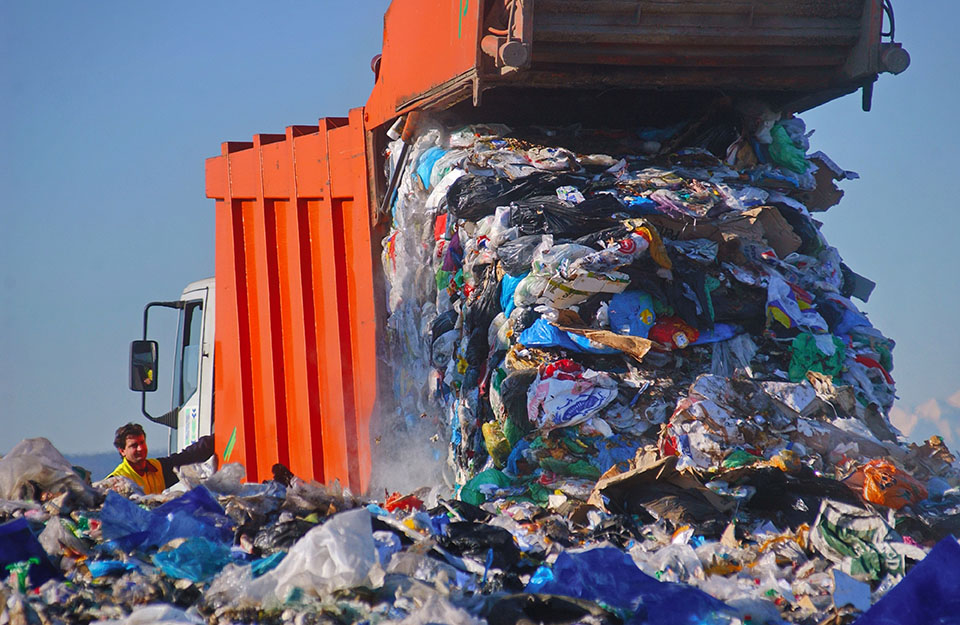
rubbish
Definition
Rubbish is any unwanted or discarded material. It can be solid, liquid, or gaseous. Rubbish can be generated from homes, businesses, and industries.
Rubbish is a major environmental problem. It can pollute the air, water, and land. It can also attract pests and rodents.
There are many ways to reduce rubbish. We can recycle materials, compost organic waste, and buy less stuff. We can also make sure that we dispose of rubbish properly.
Recycling and composting are two of the best ways to reduce rubbish. Recycling helps to reduce the amount of waste that goes to landfill. Composting helps to turn organic waste into a valuable soil amendment.
We can also reduce rubbish by buying less stuff. When we buy less stuff, we create less waste. We can also buy products that are made from recycled materials.
It is important to dispose of rubbish properly. We should not litter. We should put rubbish in the correct bins. We should also recycle and compost whenever possible.
How can the word be used?
The rubbish bin was overflowing with rubbish.

Different forms of the word
Noun:
- worthless or unusable material.
- nonsense or nonsense.
Verb:
- to treat or dispose of as worthless or unusable.
Etymology
The word "rubbish" comes from the Old French word "risbus", which means "refuse" or "garbage".
The first recorded use of the word "rubbish" in English was in the 14th century.
The word "rubbish" is a cognate of the Dutch word "rommel" and the German word "Rümpel", both of which mean "garbage".
The literal meaning of the word "rubbish" is "something that is thrown away".
Question
What can you do to reduce the amount of rubbish you throw away?
AQA Science Exam Question and Answer
Question:
Explain the environmental impact of improper rubbish disposal and discuss strategies to minimise waste generation and promote responsible waste management.
Answer:
Improper rubbish disposal poses significant environmental challenges. When waste is not managed correctly, it can contaminate soil, water bodies, and air. For instance, when organic waste decomposes in landfills without proper aeration, it generates methane, a potent greenhouse gas that contributes to climate change. Plastics and other non-biodegradable materials persist in the environment, causing harm to wildlife and ecosystems.
To address these issues, minimising waste generation is crucial. This can be achieved through practices such as reducing packaging, reusing items, and recycling. Recycling diverts materials from landfills and reduces the need for raw materials extraction. Composting organic waste at home or through municipal programs can mitigate methane emissions and enrich soil.
Promoting responsible waste management involves educating the public about recycling and proper disposal methods. Governments and communities can establish efficient waste collection and recycling programs. Additionally, businesses can adopt sustainable practices, like using eco-friendly packaging and implementing circular economy principles.